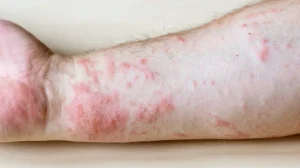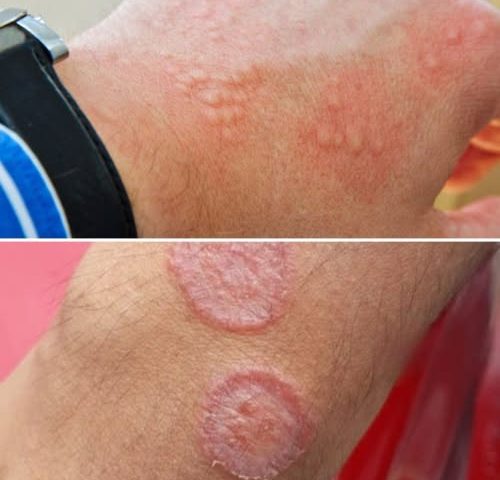Skin irritation is one of the most popular problems people face, regardless of age or skin type. Redness, itching, burning, or dryness can appear suddenly and cause real discomfort. Fortunately, with a little care and understanding, most skin irritation can be reduced or even prevented altogether.
Common Causes of Skin Irritation
Skin irritation can be triggered by many different factors. One of the most frequent causes is contact with harsh chemicals like those found in detergents, soaps, or cleaning products. Even certain skincare or cosmetic items may consist of fragrances or preservatives that can inflame sensitive skin.
Another major cause is environmental exposure. Changes in weather especially dry air, extreme heat, or cold winds can strip the skin of its natural moisture barrier. Likewise, sunburn or prolonged exposure to UV rays often lead to inflammation and peeling.
In some cases, irritation stems from allergic reactions, such as to certain fabrics, plants (like poison ivy), or even metals like nickel. Lastly, stress and diet can also influence the skin’s condition, making it more reactive or prone to breakouts.

Effective Home Remedies
The first step to calming irritation is to identify and get rid of the trigger. If you recently altered your soap, detergent, or skincare product, stop using it for a few days to see if your skin enhances.
To soothe the affected area, apply a cold compress or use aloe vera gel, known for its cooling and anti-inflammatory properties. Oatmeal baths are another effective home remedy especially for widespread irritation or itching because oatmeal naturally reduces inflammation and locks in moisture.
Coconut oil or shea butter can help restore the skin’s natural lipid barrier, preventing further dryness and irritation. For mild rashes, a thin layer of hydrocortisone cream (available over the counter) can also help ease itching and redness.
If the irritation is caused by shaving or waxing, switch to a gentle, fragrance-free moisturizer and avoid tight clothing that might rub against the skin.
When to Visit a Dermatologist

While most cases of irritation are temporary, persistent or severe symptoms should not be neglected. If your skin grows blisters, swelling, pain, or oozing, it may be an infection or an allergic reaction that demands medical treatment. Chronic redness or scaling could also imply an underlying condition like eczema, psoriasis, or rosacea. A dermatologist can offer a proper diagnosis and recommend prescription creams or allergy testing if needed.
Tips to Prevent Skin Irritation
Prevention begins with gentle daily care. Select mild, fragrance-free cleansers and moisturizers designed for sensitive skin. Avoid over-exfoliating or using products with alcohol or acids too frequently, as they can disrupt the skin’s protective layer.
Always moisturize after bathing, when your skin is still slightly damp, to lock in hydration. If you work in an environment where your hands are exposed to water or chemicals often, wear protective gloves and apply hand cream regularly.
